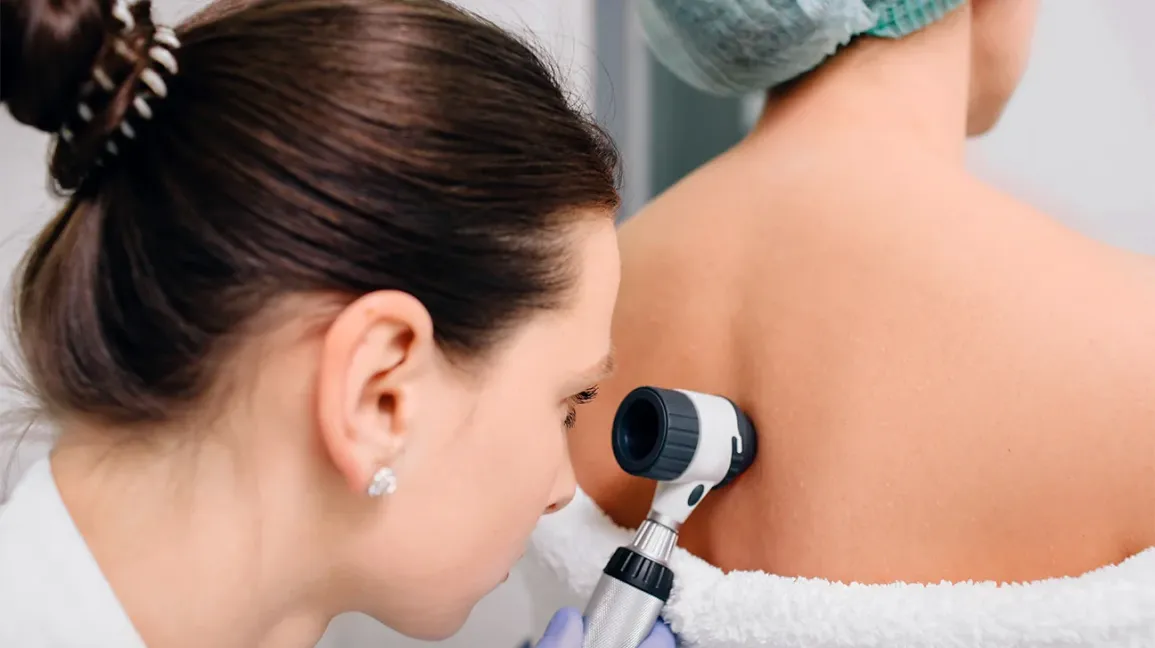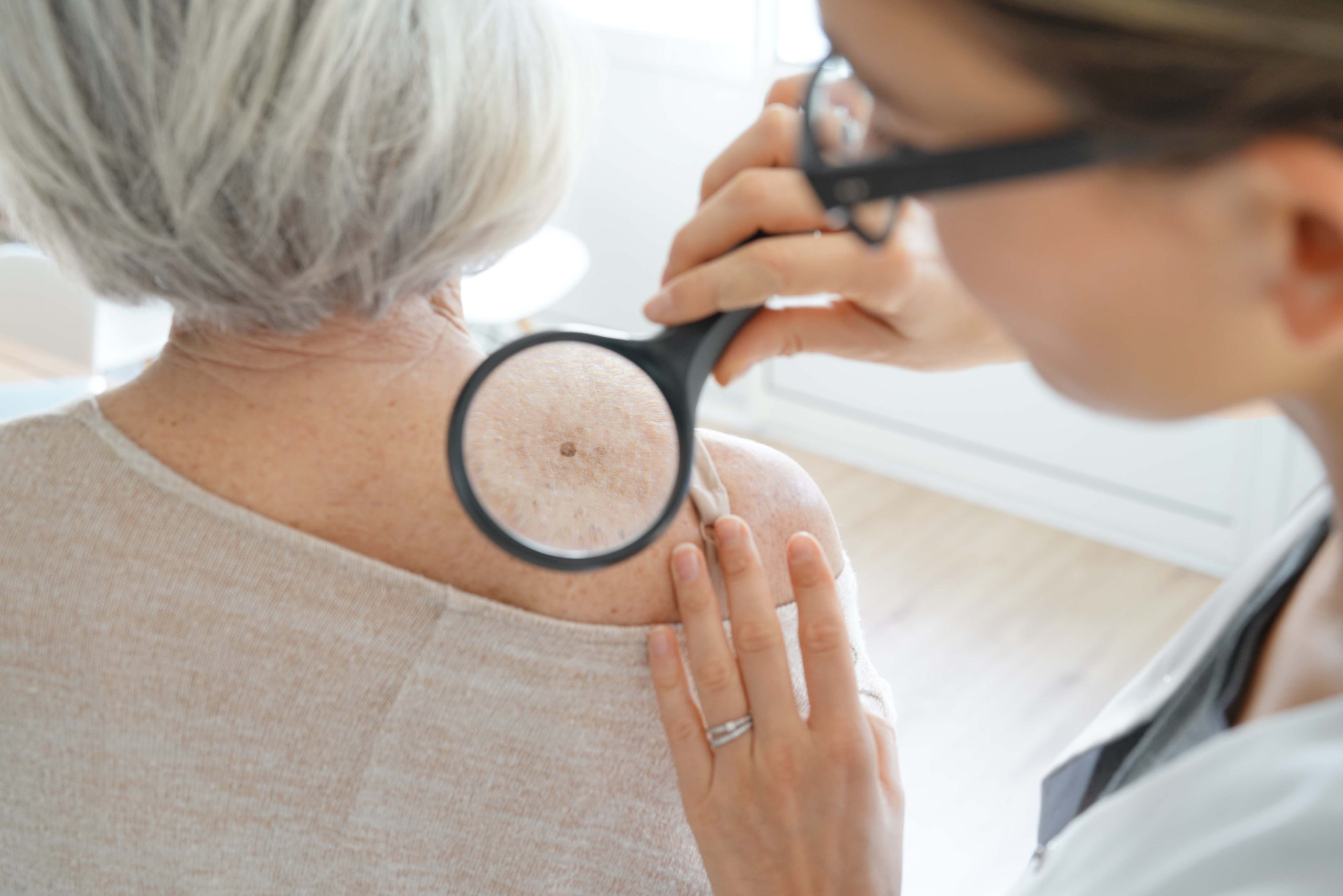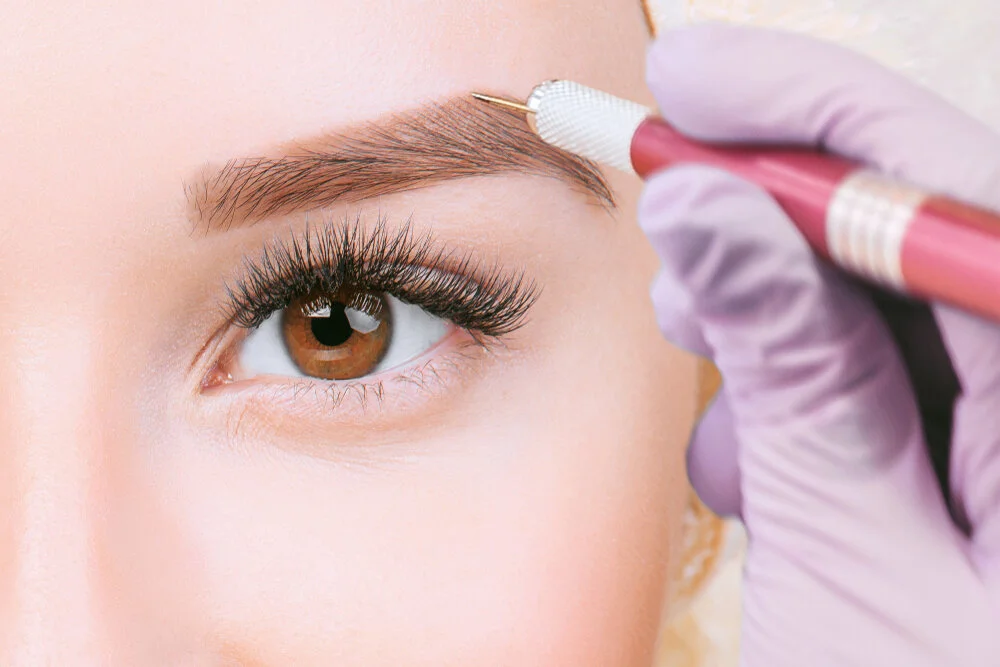
A dermatologist is a medical specialist trained to diagnose and treat conditions affecting the skin, hair, and nails. From managing chronic issues like eczema and psoriasis to addressing acne, hair loss, and skin cancer, dermatologists provide both medical and cosmetic care. Here’s more information about what a dermatologist does:
Diagnosing and Treating Skin Conditions
Dermatologists examine skin conditions using a range of diagnostic tools and techniques. They perform visual examinations, use magnifying instruments, and sometimes conduct biopsies to identify specific problems. Common conditions treated by skin doctors include acne, eczema, psoriasis, and dermatitis.
The treatment approach varies depending on the severity and type of the condition. Dermatologists prescribe topical medications, oral medications, and recommend lifestyle changes. They also perform procedures like chemical peels, light therapy, and injections to treat various skin problems. Skin specialists develop personalized treatment plans for each patient. They monitor progress through follow-up appointments and adjust treatments as needed.
Detecting and Treating Serious Skin Diseases
Early detection of skin cancer is one of the fundamental responsibilities of a dermatologist. Skin doctors perform comprehensive skin cancer screenings, examining moles, freckles, and other skin growths for signs of malignancy. They use specialized techniques to identify suspicious areas that may indicate melanoma, basal cell carcinoma, or squamous cell carcinoma.
When skin cancer is detected, dermatologists offer a range of treatment options. These may include surgical removal, Mohs surgery for precise tumor removal, or radiation therapy. Skin specialists work with other healthcare professionals when needed to provide comprehensive cancer care. Dermatologists also treat other serious skin diseases like severe infections, autoimmune skin disorders, and rare genetic conditions.
Cosmetic Dermatology for Skin Appearance
Many dermatologists offer cosmetic treatments to enhance skin appearance and address concerns related to aging. Cosmetic dermatology helps patients achieve their aesthetic goals while maintaining skin health. Skin doctors evaluate each patient’s individual needs and recommend appropriate cosmetic treatments.
They explain the benefits and risks of different procedures, helping patients make informed decisions. Anti-aging treatments, such as chemical peels, microneedling, and laser resurfacing, help improve skin texture and reduce the signs of aging. Dermatologists customize these treatments based on skin type, age, and specific concerns.
Preventive Skin Care and Patient Education
Dermatologists provide guidance on proper skin care routines and sun protection. They recommend specific products based on individual skin types and conditions. This preventive approach helps patients maintain healthy skin and avoid future problems.
Patient education plays a key role in dermatological care. Skin specialists instruct patients on how to inspect their own skin for changes, administer medications correctly, and adhere to treatment plans. They also provide information about risk factors for skin diseases and ways to reduce those risks. Dermatology physicians help patients understand the connection between overall health and skin condition. They discuss how factors like diet, stress, and sleep affect skin health.
Schedule Your Dermatologist Appointment Today
A dermatologist provides specialized care for a wide range of skin, hair, and nail conditions. From treating acne and eczema to detecting skin cancer and offering cosmetic procedures, these skin doctors offer comprehensive care for patients of all ages. Their expertise in both medical and cosmetic dermatology makes them valuable healthcare partners. Contact a qualified dermatologist near you and schedule an appointment to discuss your skin health goals and develop a personalized treatment plan.




